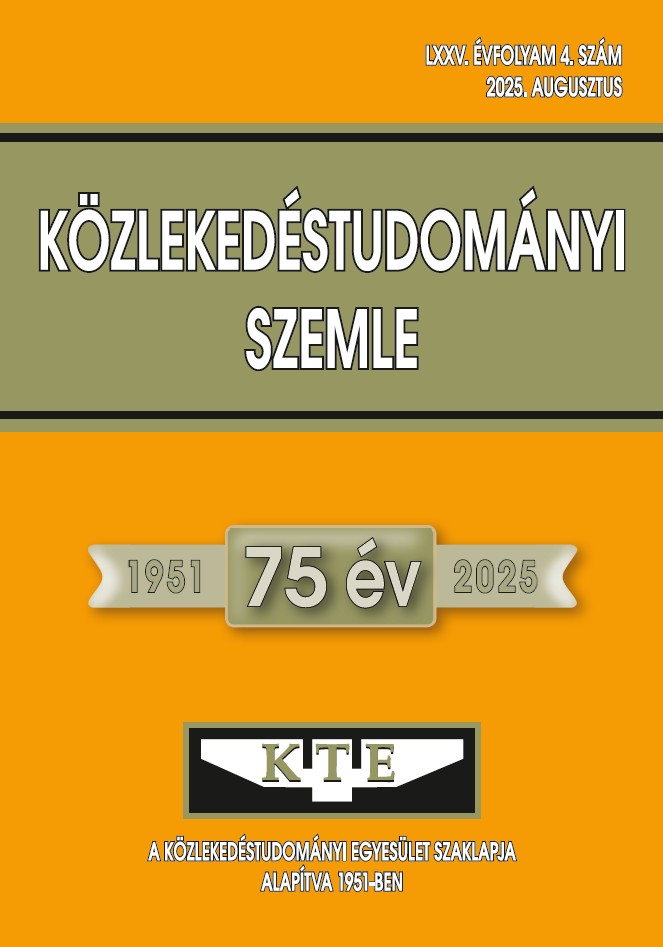In the Light of the West: Career Development, Income Relations and Social Mobilisation on the Hungarian Railways until World War I
Abstract
When analysing Hungarian railway wages and comparing them with the Bavarian example, it can be said that in Hungary wages rose less in the lower categories, while for clerks they rose at a rate roughly similar to that in Bavaria. Railway workers, especially manual workers, were not satisfied with their working conditions and income situation at the beginning of the century. This frustration was compounded by the fact that the incomes of other public sector employees improved significantly in the early years of the last century. The political leadership was also aware of the problem: during the debate on the 1907 Salaries Act, even. Pál Hoitsy, the rapporteur of the Finance Committee, drew attention to the fact that the railwaymen’s complaints were realistic, not only because living conditions had deteriorated in previous years due to high prices, but a few years earlier, in 1904, salaries for civil servants in other sectors had also risen significantly.
All in all, it can be said, that until the outbreak of the First World War, the income framework for railway workers was established and fixed in a way that ensured financial stability. This is particularly true for clerical workers, where the increase was not even lower than in the Western example under consideration. However, this income structure, which had been achieved over several decades and guaranteed a decent standard of living, was steadily weakened and devalued by the outbreak of the First World War. All this was made even more difficult by the additional burdens associated with warfare. This, however, belongs to the next chapter in the history of the domestic railway society.
References
-
Copyright (c) 2025 Közlekedéstudományi Szemle

This work is licensed under a Creative Commons Attribution-NonCommercial-NoDerivatives 4.0 International License.
Articles published electronically are open access (OJS), freely available online and can be downloaded. Authors of articles are not charged any publication or publishing costs (APC). Users have the right to read, download, copy, print, and search the articles, or share the full text with a link.
Authors must declare that their submission has not been previously published in another journal, that financial support has been acknowledged, and that the list of references is complete and accurate, including specification of URLs and DOIs (if available). When submitting a draft article, each author approves the submitted version. Authors guarantee that the article is their original work. Authors are required to participate in the peer review process, follow the advice of reviewers, meet the prescribed deadlines, and, if any, withdraw the submission or correct errors.
All submitted articles are subject to peer review, where the editors request an independent evaluation from at least one expert, ensuring that the reviewer(s) have no conflicts of interest with the authors. The final decision is made by the Editor-in-Chief, who takes into account the evaluations and the suggestions of the editors. The editors and reviewers treat the submission confidentially.
The publisher and editors are committed to maintaining high ethical standards and to preventing publications that involve research misconduct. They follow the COPE guidelines on such ethical issues.
The authors retain copyright and grant the journal the right of first publication under the Creative Commons License (https://creativecommons.org/licenses/by-nc-nd/4.0), which allows others to share the work, while acknowledging the authorship of the work and the first publication in the journal.
The journal archives all published articles, and the journal's owner, the Hungarian Society of Transportation Sciences, will continue to operate the database even if the journal ceases to be published.















